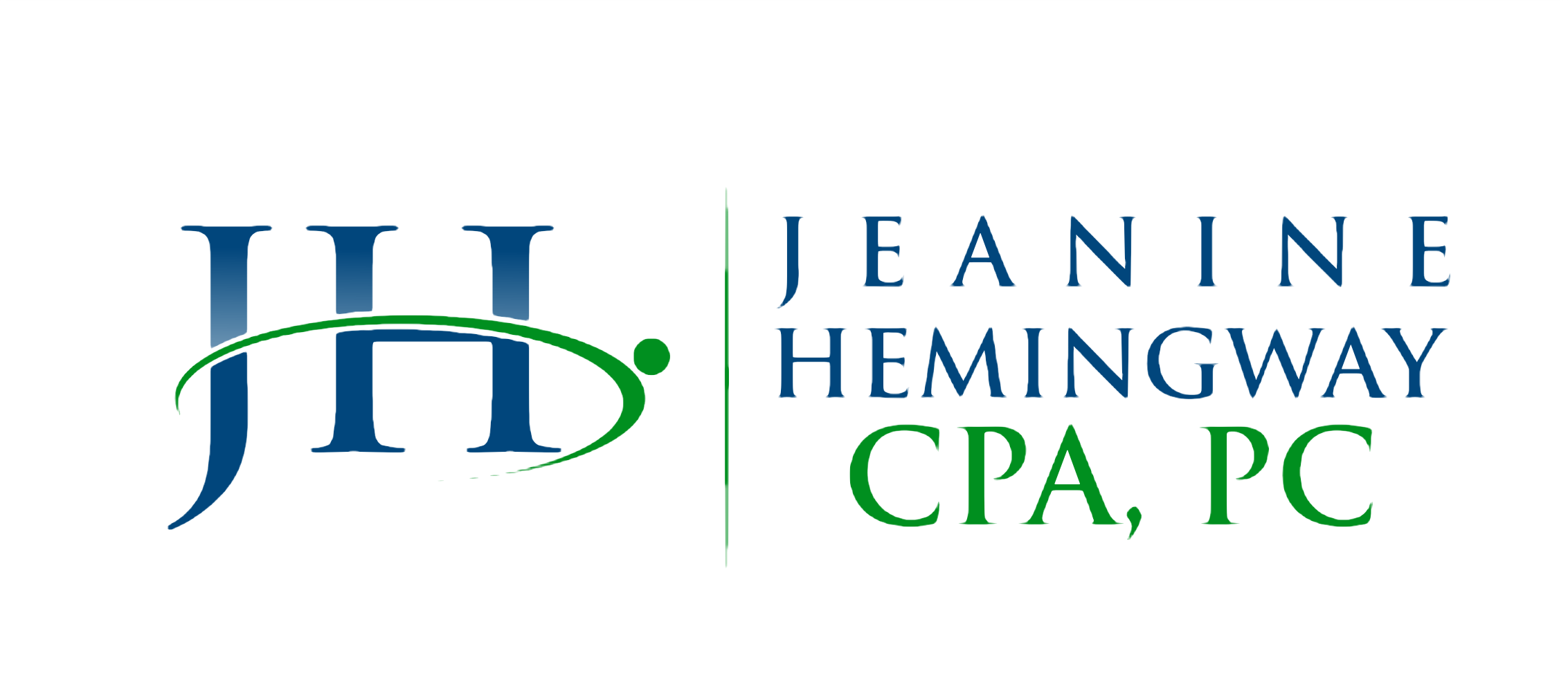“I still have a 401(k) from my last job. What should I do with that money?”
This is a question that has come up recently with a few of our clients who are transitioning to a new job with a new employer who does not offer a 401(k) or for some who are following their dream of starting a business. As you move ahead from job to job and a new business venture, don’t make the mistake of leaving your hard-earned savings on the table. If you’ve left a job and a 401(k), we’ve boiled down a few options to consider.
Option #1: Leaving your 401 (k) with your old plan
When you leave your job and you have a 401(k) plan which is administered by your employer, you have the default option of doing nothing and continuing to manage the money as you had been doing previously. Many of us don’t have the time to research investment options and plans, so it may be most convenient to leave your funds in your old plan. If you have more than $5,000 invested in your 401(k), most plans allow you to leave it where it is after you separate from your employer. However, it’s not so easy to make changes to your investments if you are no longer there to monitor them proactively. If you leave your job after age 55 you can take penalty-free withdrawals – plus income taxes so this option may meet your needs.
Option #2: Rolling Over to an IRA
Anyone who has earned income can set themselves up with an IRA and start investing for retirement. Which is great news since IRA’s have some tax benefits. The main benefit of rolling your 401(k) into an IRA is that you may have more investment choices and sometimes lower fees. Rolling over money from a 401(k) to an IRA allows you to gain access to more investment options than are typically available in workplace 401(k) accounts. Just be sure to communicate with your 401(k) administrator and IRA broker to ensure all proper paperwork is completed. Typically, the money from an old 401(k) must go into the new IRA account within 60 days.
Option #3: Starting a SEP IRA for Solopreneurs
If you work for yourself or have a small team of employees, you may be eligible for a SEP IRA which stands for simplified employee pension individual retirement account. They are similar to a traditional IRA, SEPs are retirement accounts in which business owners can make tax-deductible contributions toward their retirement. The invested funds grow tax-free until they are withdrawn in retirement. When distributions are made, they are considered taxable income. One benefit to SEP IRAs is that they have high contribution limits — up to 25% of earnings or $61,000, whichever is lower.
Option #4: Exploring a taxable investment account
While tax-advantaged retirement accounts, like 401(k)s and IRAs are the most common way to own stocks, it’s possible to choose taxable investment accounts as well. The word “taxable” in the name simply means that any increase in value or income you see from your investments is taxed during the tax year you experience them. This might happen if you sold a stock at a gain or if you received dividend payments.
Some reasons for choosing a taxable investment account are if you’ve maxed out your annual contribution limits to your retirement accounts or if age is not a factor since there are no age restrictions on when money can be accessed with taxable accounts. A taxable investment account broadens horizons for those who want the ultimate control in the investments they hold and the investment strategies they pursue.
Option #5: Cashing out your 401(k)
Cashing out your 401(k) is never advised. If you take a “lump-sum distribution” instead of rolling your 401(k) over to an IRA or SEP IRA, you will have to pay income taxes on the money. You will also pay a 10% early withdrawal penalty if you’re under age 59 ½. Not only do you lose money, but you lose all that valuable time in building up your savings.
During times of financial crisis, companies tighten their belts, and one of the first perks to go is often the 401(k) matching contribution. If your employer has stopped the match, you should continue making your regular contributions. If you are transitioning careers or starting a new business and not sure the tax implications your career move may have on your savings, the experts at Jeanine Hemingway, CPA are here to answer your questions.
